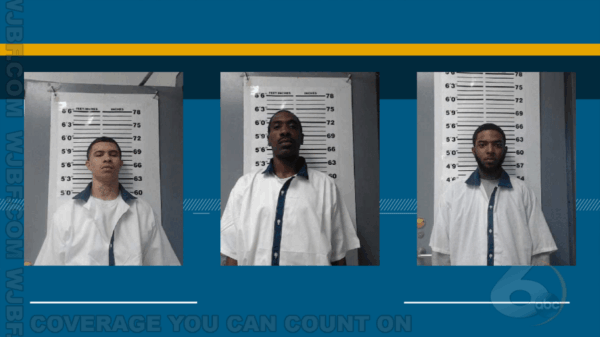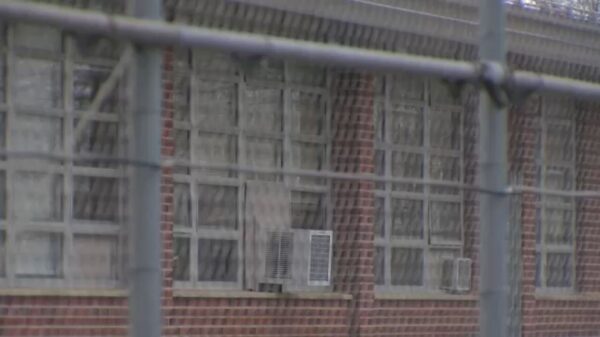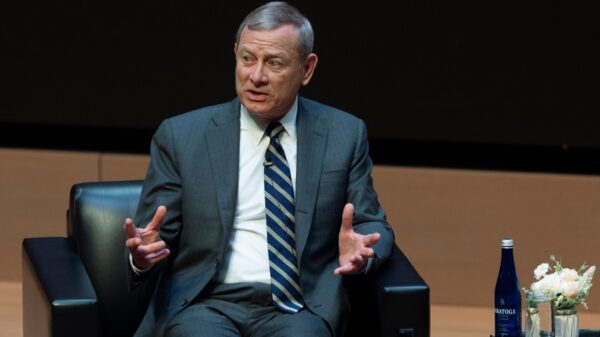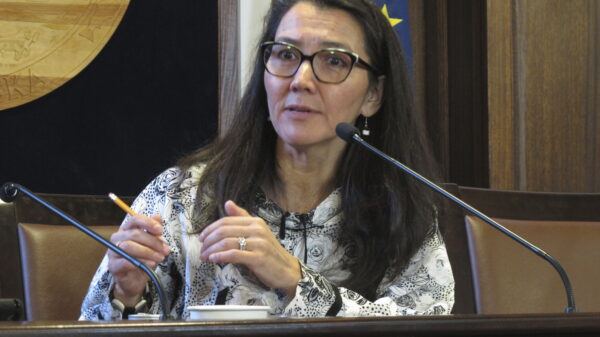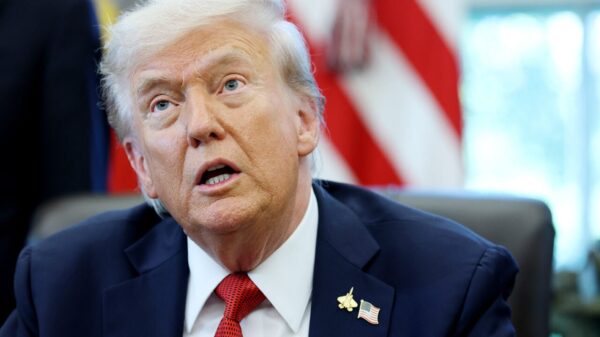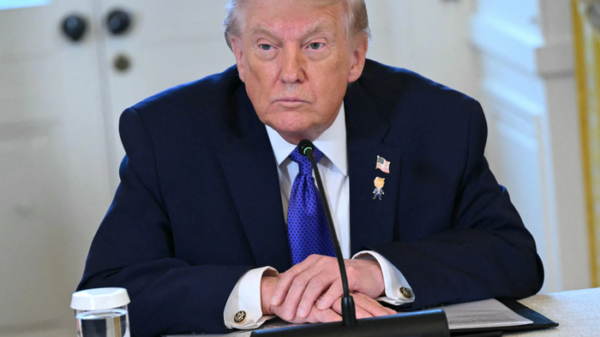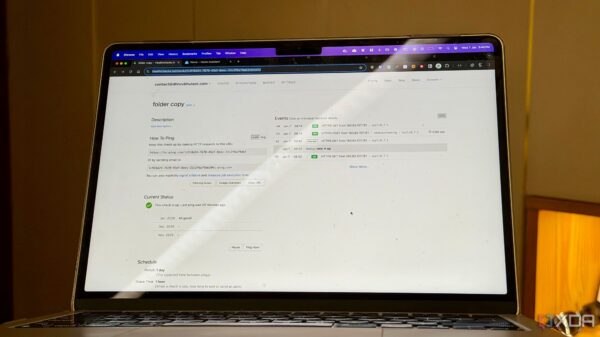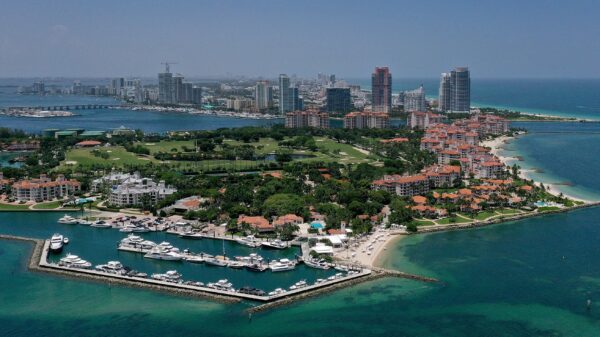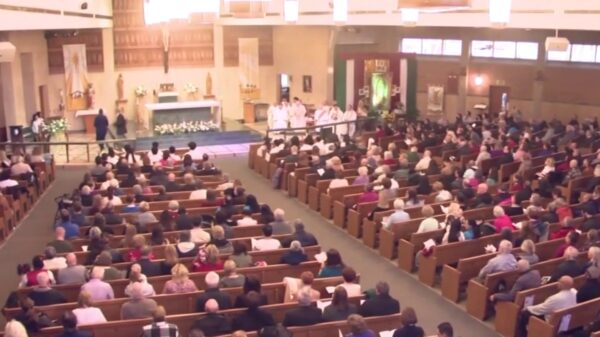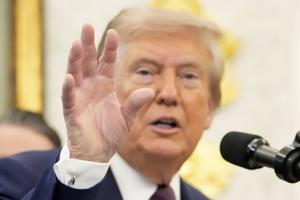President Donald Trump indicated on March 15, 2024, that he is considering deploying National Guard troops to New Orleans to address what he describes as a significant crime problem in the city. This proposal comes as Trump has already announced plans to send federal law enforcement to Chicago and Baltimore, raising concerns among local leaders about the necessity and implications of such actions.
The suggestion of federal intervention in New Orleans has been met with skepticism from city officials, who argue that crime rates have actually decreased. According to the New Orleans Police Department, violent crime is down by 20% compared to the previous year, and murders have dropped significantly, even when accounting for isolated incidents. City Council President J.P. Morrell criticized the idea, stating, “Marching troops into New Orleans is an unnecessary show of force in an effort to create a solution to a problem that doesn’t exist.”
On the other hand, Louisiana‘s Republican Governor Jeff Landry expressed support for Trump’s proposal, stating via social media that the state would welcome federal assistance “from New Orleans to Shreveport.” This divide reflects the broader political landscape, where Republican leaders like House Majority Leader Steve Scalise endorse the deployment for enhanced security, while local Democratic officials oppose it.
The discussion around the National Guard’s potential role in New Orleans is part of a larger narrative where Trump’s administration has focused on law enforcement and public safety, particularly in cities experiencing unrest. Following his recent deployment of federal agents in Washington, D.C., the president has aimed to present a strong stance against crime, despite evidence suggesting improving conditions in many urban areas.
In related developments, U.S. District Judge Allison Burroughs ruled against the Trump administration’s cuts to research grants for Harvard University, further complicating the administration’s narrative on law and order. Burroughs found that the funding cuts were retaliatory actions against the university for rejecting certain White House demands. This ruling underscores the ongoing tensions between federal authority and institutional autonomy.
Meanwhile, the League of Women Voters criticized a new policy from the United States Citizenship and Immigration Services (USCIS) that limits voter registration assistance for new citizens during naturalization ceremonies. The organization claims that this change hinders access to voting for immigrants who have recently become citizens, a move they describe as an attack on civic engagement.
As these issues unfold, Trump continues to leverage national security concerns as a cornerstone of his political strategy. His administration’s recent efforts to bolster security cooperation with Mexico also highlight a commitment to addressing transnational crime and drug trafficking. Following a meeting between Secretary of State Marco Rubio and Mexican President Claudia Sheinbaum, both nations reaffirmed their dedication to combating drug cartels and enhancing border security.
The potential deployment of federal troops to New Orleans remains a contentious topic, with local leaders advocating for community-based solutions rather than federal intervention. The ongoing dialogue reflects deeper issues within the U.S. regarding crime, governance, and the balance of power between local and federal authorities. As discussions continue, the focus remains on how best to ensure public safety while respecting the rights and autonomy of local governments.


